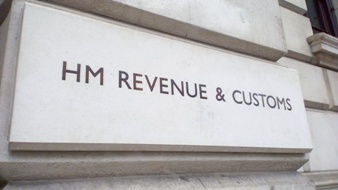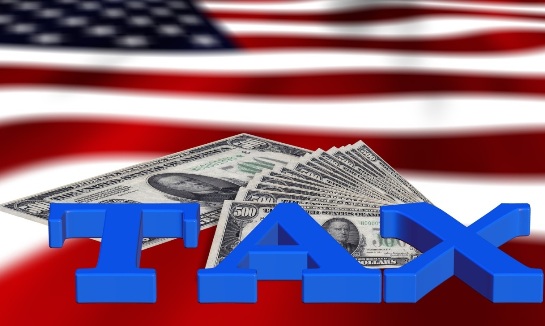New requirements to lodge information on Singapore's register of registrable controllers from May 2020
The Accounting and Corporate Regulatory Authority of Singapore (“ACRA”) has extended its deadline to lodge the Register of Registrable Controllers (“RORC”) by July 2020 due to the COVID-19 pandemic.
With effect from 31 March 2017, ACRA has introduced the RORC as a private register. All companies, foreign companies and LLPs (unless exempted) incorporated or registered in Singapore, will be required to maintain beneficial ownership information in the form of a RORC.
Starting from July 2020, all the relevant entities must ensure that their register of persons with significant control is submitted. While the information lodged on the RORCs with ACRA will still not be available to members of the public, the information on the RORCs will now be accessible online by public agencies, such as law enforcement agencies, in Singapore. The obligation to keep the RORC current and updated is now all the more important to avoid any miscommunication.
This new requirement is part of the ongoing efforts to uphold Singapore’s strong reputation as a trusted and clean financial hub in line with international practices. This will make the ownership and control of corporate entities more transparent and reduce opportunities for the misuse of corporate entities for illicit purposes.
It is the duty of all Singapore companies, foreign companies and LLPs, unless exempted, to take reasonable steps to find out and identify its registrable Controllers and to keep the RORC information up-to-date. The RORC must be maintained at the registered office, and changes must be reflected on the RORC prior being updated with ACRA within two business days. Alternatively, a Registered Filing Agent (RFA) may be engaged to lodge the RORC information with ACRA on behalf of the entity. The maximum penalty for non-compliance of the RORC requirement is S$5,000.
RORC information to lodge with ACRA
For controllers who are individuals, the required information includes:
- Full name;
- Aliases, if any;
- Residential address;
- Nationality
- Identity card number or passport number;
- Date of birth;
- Date on which the registrable individual controller became an individual controller of the company or foreign company (as the case may be); and
- Date on which the registrable individual controller ceased to be an individual controller of the company or foreign company (as the case may be)
For controllers that are corporate entities; the prescribed particulars include:
- Name;
- Unique entity number issued by the Registrar, if any;
- Address of registered office;
- Legal form of the registrable corporate controller;
- Jurisdiction where, and statute under which, the registrable controller is formed of incorporated;
- Name of corporate entity register of the jurisdiction in which the registrable corporate controller is formed or incorporated, if applicable;
- Identification number or registration number of the registrable corporate controller on the corporate entity register of the jurisdiction where the registrable corporate controller is formed or incorporated, if applicable;
- Date on which the registrable corporate controller became a corporate controller of the company or foreign company (as the case may be); and
- Date on which the registrable corporate controller ceased to be a corporate controller of the company or foreign company (as the case may be)
A Controller is defined as an individual or a legal entity that has a “significant interest” in or “significant control” over the company.
A controller of the LLP is a person who:
- holds, directly or indirectly a right to share in more than 25% of the capital, or more than 25% of the profits, of the LLP; or a right to share more than 25% of any surplus assets of an LLP on a winding up;
- holds the right, directly or indirectly, to appoint or remove the manager of the LLP, or if the LLP has more than one manager, a majority of the managers of the LLP;
- holds the right, directly or indirectly, to appoint or remove the persons who hold a majority of the voting rights at meetings of the management body of the LLP;
- holds, directly or indirectly, more than 25% of the rights to vote on those matters that are to be decided upon by a vote of the partners of the LLP; and/ or
- has the right to exercise, or actually exercises, significant influence or control over an LLP.
Zetland is a Registered Filing Agent and can assist you in with requirements and lodgement of RORC with ACRA. For more information, please write to
singapore@zetland.biz or call us at +65 65572071.


















